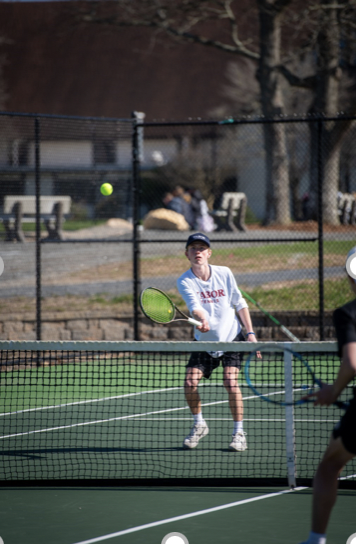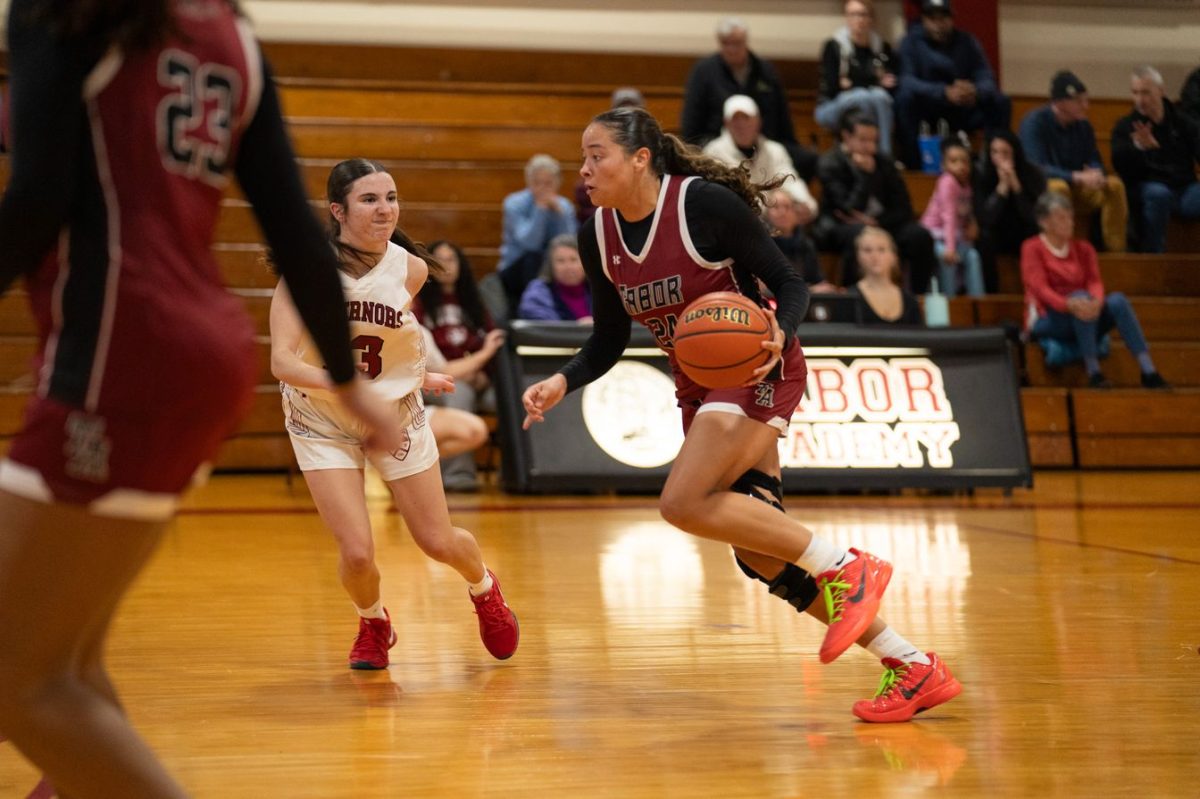The Log welcomes diverse perspectives in opinion essays and letters to the editor. Following the guidelines of The New York Times, The Log “…reserves the right to edit for space, clarity, civility, and accuracy.” The Log will not publish anonymous opinions.
***
Morning routines matter: that’s the consensus of some of today’s most popular wellness experts. From leadership coach Robin Sharma to neuroscientist Andrew Huberman, the message is that how we start our mornings influences our success throughout the day. Sharma’s bestselling The 5 A.M. Club stresses the importance of developing a morning routine. His “20/20/20 method” includes equal parts exercise, self-reflection, and skill-building to elevate productivity. Likewise, more than 3.5 million subscribers listen to Huberman’s science podcasts, which emphasize the importance of waking up early, getting sun exposure, and delaying caffeine intake to increase energy levels.
Many students comment on the lack of flexibility in the Tabor Academy Day, which routinely involves sixteen hours of academics and sports (with a social life squeezed in where possible). However, by attacking the morning head-on and not losing the time between five and seven o’clock, students can take control of their schedule, becoming more productive and successful throughout the day.
At Tabor, a student who gets up around sunrise can break the repetitive pattern by taking advantage of the peacefulness of the school’s natural surroundings. A morning walk or run along the beach can increase blood flow, enhancing cognitive function while reducing stress and providing a dopamine reward to early risers. With the brain activated, students set themselves up to conquer their hectic academic day. Instead of the morning coffee that only sets students up for a crash, students may find that the natural environment will provide a more lasting functional energy. By eliminating caffeine dependency, students can perform better in after-school sports and reduce sleep problems.
Though the window between school and sports is narrow, capturing even five minutes for breath work and meditation can put students in the right mindset to perform better athletically through improved hand-eye coordination and endurance.
As a neuroscientist, Huberman points to another advantage that is especially useful for Tabor students: promoting higher-level thinking during study hall. He maintains that the initial nine hours of the day are better for linear brain operations, while the following seven hours are better for non-linear thinking. The latter is the kind students rely on for creative and critical thinking.
The promise of better health and brain function may inspire Tabor students to get out of bed when the sun peeks through the blinds.
















